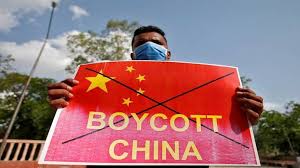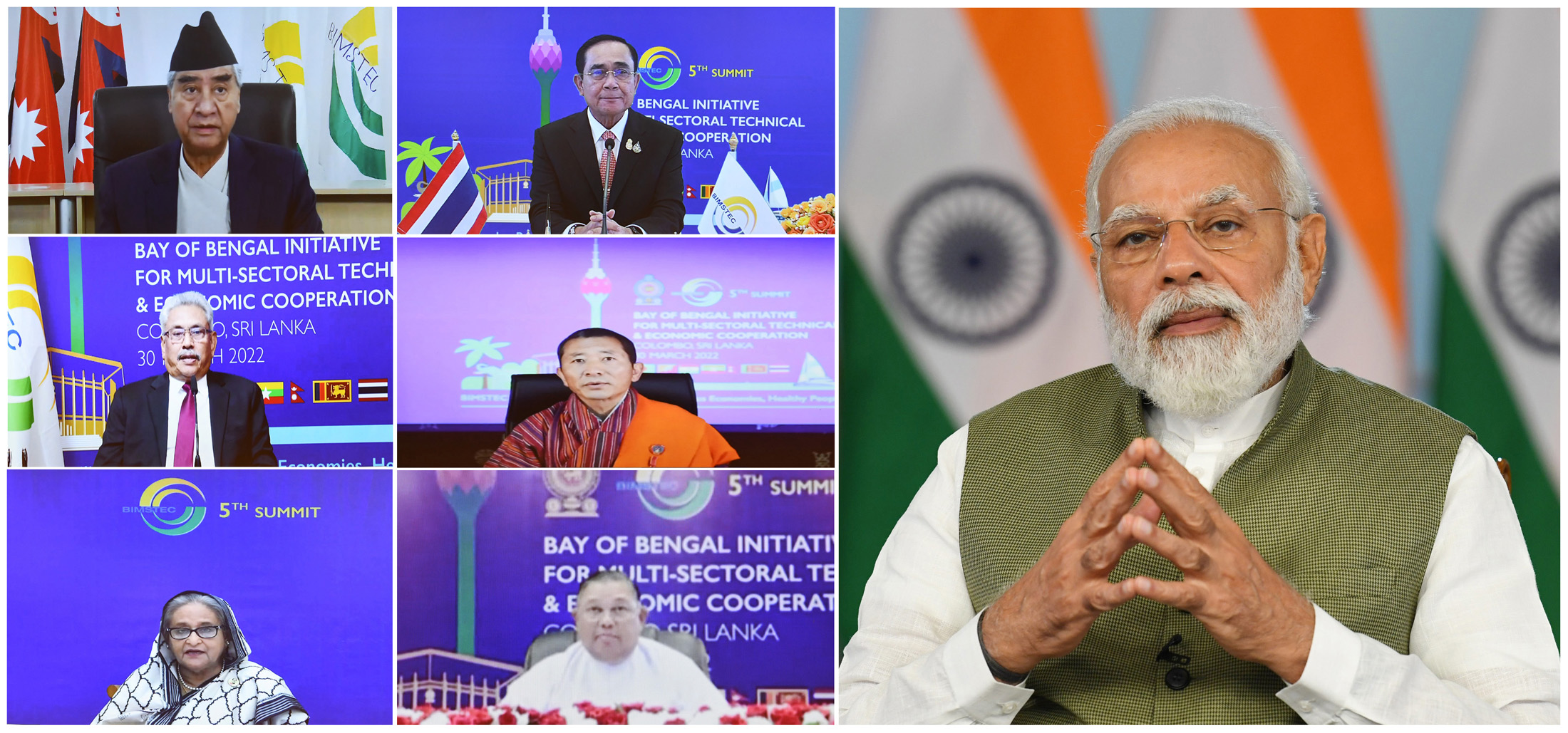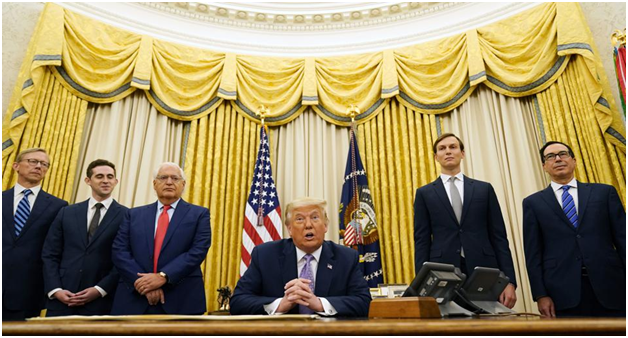Suspension of Members of Parliament (MPs)
Why in News
The suspension of 78 Opposition MPs in a single day is a significant event in the Indian Parliament, and it highlights the ongoing challenges in maintaining order and decorum during legislative sessions.
Important Points
Why were the MPs suspended?
• The MPs were suspended for disrupting Parliamentary proceedings during protests related to a security breach in the Parliament.
• In the Lok Sabha, the Opposition demanded a statement from Home Minister Amit Shah, waved placards, and some even climbed onto the Speaker’s podium.
• In the Rajya Sabha, the Opposition raised slogans on the security breach, leading to disruptions.
Disruptions in Parliament can be attributed to various reasons:
• Lack of time: MPs may feel they have insufficient time to address important matters.
• Unresponsive government: When the government is perceived as unresponsive, MPs may resort to disruptive tactics.
• Political or publicity purposes: Some disruptions are deliberate and driven by parties seeking political or publicity gains.
• Absence of prompt action: If there's a perception that disruptive MPs face no consequences, it can encourage such behaviour.
Who can suspend MPs, and for How Long?
• The suspension of Members of Parliament (MPs) is a disciplinary action taken against members who violate the rules and decorum of the Parliament.
• Who: The Speaker of the Lok Sabha or the Chairman of the Rajya Sabha has the authority to suspend members.
• The rules and procedures regarding the suspension of MPs are outlined in the Rules of Procedure and Conduct of Business in Lok Sabha and Rajya Sabha.
• Grounds: The grounds for suspension can include unruly behavior, disregard for the rules of the house, or any other actions deemed to be a breach of parliamentary etiquette.
• MPs can be suspended for the remainder of the session, with a maximum period of five days (in Lok Sabha). The House can reinstate a suspended member at any point by passing a motion.
Can Courts Intervene in a matter of Suspension of MPs?
• Article 122 of the Constitution says parliamentary proceedings cannot be questioned before a court.
• In some cases, however, courts have intervened in the procedural functioning of legislatures.
Restrictions on MPs After Suspension
• Suspended MPs are prohibited from entering the premises of the House during the period of suspension. This means they cannot participate in debates, discussions, or voting.
• Suspended MPs may lose certain parliamentary privileges during the suspension, such as the right to attend committee meetings or participate in other parliamentary activities.
• He will not be eligible to give notice for discussion or submission.
• He loses the right to get a reply to his questions.
Challenges in maintaining order
• Maintaining a balance between enforcing order and respecting democratic values is a challenge for Presiding Officers.
• Disruptions arising from frustration or planned parliamentary offences require different approaches, and finding long-term solutions is crucial for the smooth functioning of Parliament.



.jpg)
.jpg)
.jpg)
.jpg)
.jpg)
.jpg)


.jpg)


